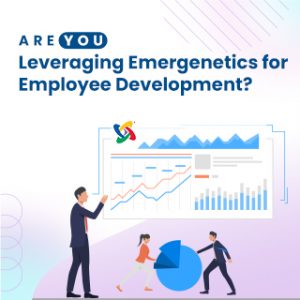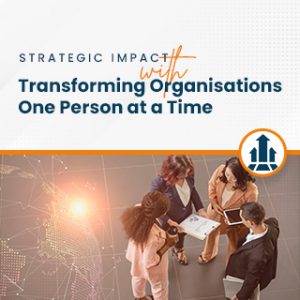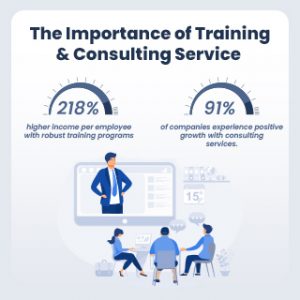

Every organization will virtually undergo a transition or change in order to remain sustainable. Businesses are constantly changing as a result of growing digitalization, remote work alternatives, and evolving client needs. All these developments can have a huge impact on the business’s trajectory.
Unfortunately, organizational change isn’t always easy to adapt to and can be intimidating for the impacted groups. Thus, there is a constant demand for people who can deal with uncertainty and thrive in a chaotic environment. This has created a plethora of opportunities for people in varied projects ranging from tactical IT changes or changes in internal processes to culture change and the adoption of new business models. To guarantee a successful outcome, it is critical to have change practitioners who follow a structured approach and implement the framework and tools to help reach established goals.
Every change management professional has multiple tasks to perform. They must drive effective change management at an organization level, and prepare, equip, and support leaders and people managers through change. Change managers are increasingly focused on ensuring the success of business transformations. They need to create an alignment of goals and manage adoption.
Anyone interested in pursuing such opportunities needs to possess a wide array of management skills, such as:
- Effective communication including active listening
- High emotional intelligence
- Strong organizational skills and a high level of commitment to their roles
- Attention to detail
- Problem-solving and decision-making skills
The discipline of change management is quickly expanding, as is the job market for change managers. Change management is predicted to become more complex, move faster, and have a cross-functional impact in the future years. Change management may be the career option for those who are creative and can establish connections in terms of people, projects, processes, and outcomes.





